
Poor social conditions badly affect the relationship between a married couple, when the husband, who is desperately searching for work, fails to notice the terrible sacrifices made by his wife when she accepts a job at a local inn.
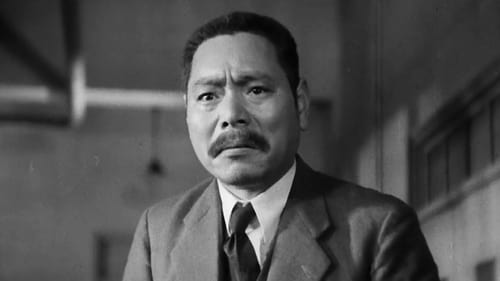
En una ciudad provinciana, un profesor viudo lleva una vida modesta en compañía de su único hijo. Cuando en un viaje escolar, un alumno se ahoga en un lago, él asume la responsabilidad del accidente y dimite. Decide entonces abandonar la ciudad y trasladarse a su pueblo natal. Durante el viaje, padre e hijo discuten sobre el futuro y entre ellos se establece una relación al mismo tiempo cercana y distante. Un día el padre le anuncia que tiene la intención de mandarlo a estudiar a un internado. Años más tarde, el padre trabaja en Tokio y el hijo es maestro. En un encuentro el hijo le anuncia al padre que se va a la guerra.
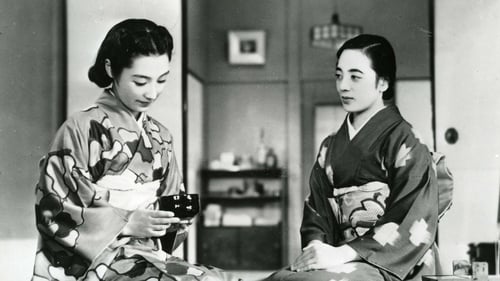
Después de la muerte del patriarca, los Toda, una familia de clase alta, está posando para una foto. Al mismo tiempo que todos lamentan la muerte del padre, se enteran de que éste les ha dejado una deuda considerable.

On vacation's eve, a boy is sent to the countryside to live with his uncle after his father is imprisoned and accused of embezzlement.

Fire guard
A Japanese screwball comedy about the battle between the sexes: two timid men, egged on by their wives, end up in a bitter duel over an expensive lace handkerchief.

Soichiro, Sohachi's son
Kinuyo is a daughter of doctor of Chinese medicine, and Yasuo is a son of surgeon. Their families always fight like cat and dog. This relationship is ancestral. Although Kinuyo and Yasuo love each other, they have different thoughts toward treatments.

Tomitaro, Yoko's uncle
Three men fall in love with the same young girl who works in a tonkatsu restaurant in the Shitamachi district of Tokyo.

The eldest daughter of a noble family is in love with an aviator while being courted by a fellow aristocrat she thinks is a dullard. This part is told from the perspective of Akemi.

Un carismático conductor de autobús es apodado "Arigatô-san (Sr. Gracias)" debido a las constantes palabras de agradecimiento que dirige a los peatones que le dejan paso en el camino. En uno de sus viajes desde el pueblo de Izu hasta la ciudad de Tokyo llevará en su autobús, entre otros variopintos personajes, a una madre que se ha visto obligada por la penuria económica a mandar a su hija a trabajar en un burdel.
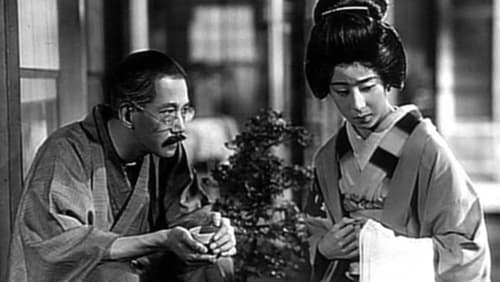
Family drama. A middle-aged father has just married off his third daughter, but still has his nine year old son to raise whom he resents as he was unwanted. (British Film Institute)

If you throw this child away
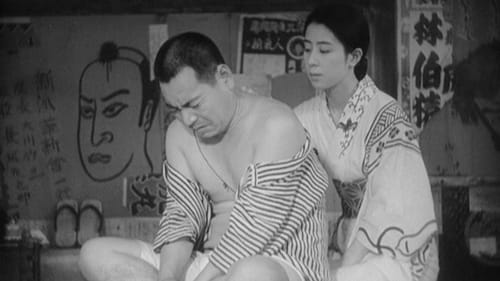
Tomibo's father
Un anciano y veterano actor que dirige un grupo de teatro Kabuki regresa a un pueblo remoto, donde vive su antigua novia y el hijo de ambos, que ya tiene 19 años. El chico, que desconoce su verdadera identidad, le llama "tío". En 1959, Ozu hizo un remake de este film: "Las hierbas flotantes". (FILMAFFINITY)
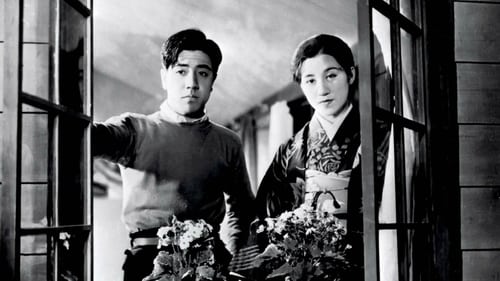
Butler
El último film mudo de Naruse cuenta la vida de una camarera, Sugiko, cuya vida toma un brusco giro tras ser atropellada por un rico hombre de negocios.

Heinosuke Gosho evokes in this film the family conflicts engendered by the eternal problem of a father who projects his professional desires on the life of his son. The sister Machiko is the essential link that will allow everyone to apologize to each other and achieve reconciliation

Barber
Two Tokyo co-workers come across a destitute young lady in search of a place to live.
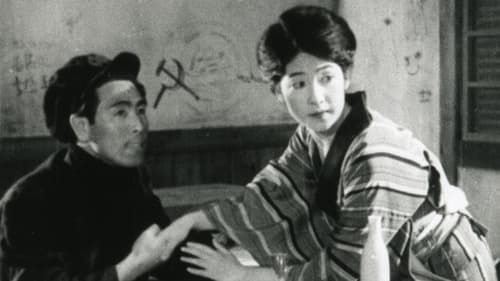
La joven Omitsu se ha quedado sola con su hijo Ayabou tras verse abandonada por su esposo, Mizuhara. Cumplido su turno de camarera, regresa a casa para descubrir que su marido ha regresado. Mizuhara promete hacer borrón y cuenta nueva, así como encontrar un empleo que permita a Omitsu dejar de trabajar.

Secretary
Ambientada en Yokohama, ciudad portuaria donde el crimen y la prostitución dominan las calles. narra la turbulenta relación entre un gángster y su novia Tokiko, que de día trabaja como mecanógrafa en una empresa. Su rival, trabaja en una tienda de discos y está muy preocupada porque su hermano pequeño empieza a deslizarse por la pendiente del crimen.

Man
"The Dancing Girl of Izu" tells of the story between a young male student who is touring the Izu Peninsula and a family of traveling dancers he meets there, including their youngest girl. The student finds the naïve girl attractive even though he eventually has to part with the family after spending memorable time together.

Hiyama
This pair of gentle yet witty and inventive comedies from the director of The Neighbour's Wife and Mine typify both the formal experimentation of early Japanese sound cinema and the social milieux that Shochiku tended to depict. 'Virtually plotless, and feeling more like comic sketches than fully developed stories,' writes Arthur Nolletti, Jr, 'these light comedies, or farces, take a wholly trivial matter (often a socially embarrassing situation) and use it as a springboard for a succession of gags.' Much of the films' distinction comes from the wit of Gosho's direction, the imaginative use of the new sound technology and the charm of the acting, particularly of the heroines (Kinuyo Tanaka in Bride; Hiroko Kawasaki in Groom). Yet in both films, Gosho finds room for some shrewd observation of character and environment, subtly exploring the values and assumptions of the suburban petit bourgeoisie.

Company president
A student comes up with various schemes to avoid paying a tailor the money he owes him. Considered to be a lost film.

El espléndido bigote de Kato constituye un obstáculo a la hora de encontrar trabajo. Sin embargo, consigue un puesto de guarda de seguridad en un solar en construcción. El presidente de la constructora intenta dejarse un bigote como el de Kato y, al no conseguirlo, ordena a éste que se afeite el suyo.
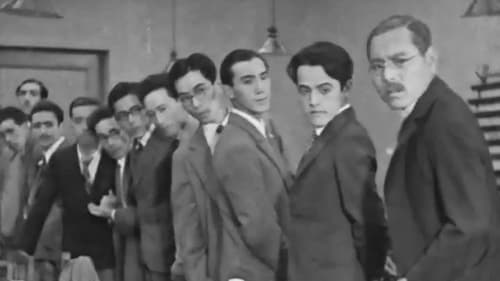
Shachou
Mr. Omura, a teacher, leads a group of male students in an outdoor drill. One slight, comic young man, Shinji Okajima, has no shirt under his jacket; he scratches at fleas and makes faces behind Omura's back. Jump ahead several years, Shinji is married with three children. He sells insurance, and on the company's annual bonus day, he protests when an older worker is fired. Shinji loses his own job as a result, and he and his wife must find ways to cope. Lassitude, pride, the demands and needs of young children, and relationships from bygone school days all play a part in the outcome of their struggle.



















